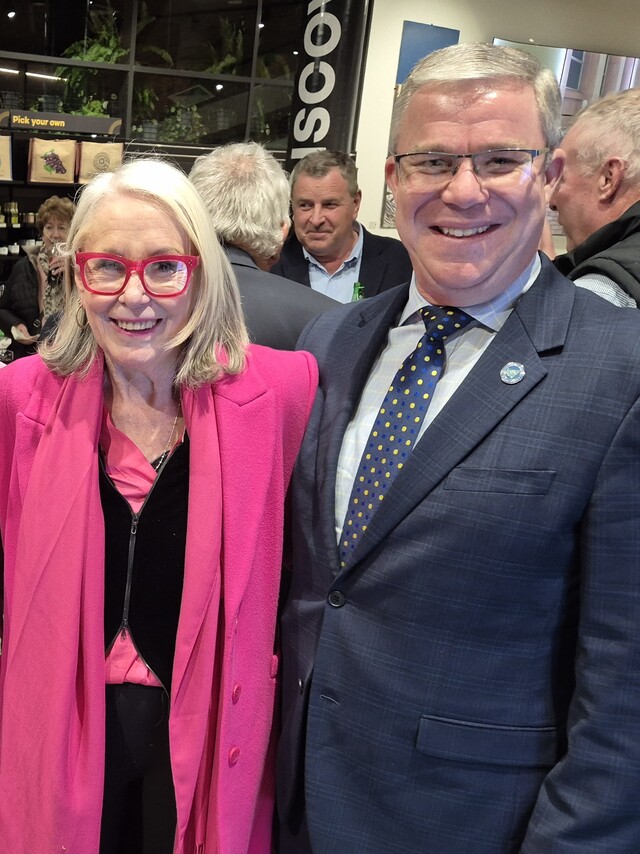An interview with Paul Martin, Economic Development Manager, Shire of Busselton, Western Australia
As Economic Development Manager at the Shire of Busselton in Western Australia, Paul Martin said the challenge is to clearly define what Council’s role is, given a number of other organisations are also involved in the process.
“Resources are scarce and duplication of roles only causes wastage,” he said. “I don’t see Local Government as a leader of economic development – I think we are a facilitator, creating an environment where the private sector can lead.”
Busselton Shire receives over 600,000 visitors annually and Paul Martin said this is due to a collective effort and collaboration between organisations with similar objectives.
“The most effective method of promoting an area may not necessarily come from the Council at all,” Paul Martin said. “Establishing partnerships with key stakeholders in your Council area, who have similar interests and objectives, can lead to successful strategy development. Many local organisations have ideas and strategies, which may just need support to get off the ground.”
All businesses in the Busselton CBD are charged an additional 10 per cent rate, which goes into a marketing and promotion fund for the CBD. The fund is used for advertising, to attract events and to support minor infrastructure upgrades in the CBD.
Paul Martin said it is also important to address tourism at a regional, rather than local level.
“Traditionally, many Councils have focused on tourism in their Shire, however tourists don’t see Local Government boundaries and neither should we,” he said. “In the past Councils thought they were competing with their neighbours for tourists, however there is now an understanding that we are competing with other regions in Australia and overseas.
“We need to work together with neighbouring and surrounding Councils to promote a region, which will result in visitors staying longer, spending more and having a better experience.”
Paul said the transition between Shires should be seamless. He said signage should be consistent and information on attractions, accommodation and events should be provided for the region, rather than just one town.
“Not many communities have the resources to market itself effectively at an international level,” he said. “However, when the resources, attractions and accommodation providers work together at a regional level, it is possible.”
Paul Martin said the main future challenge for tourism is sustainability.
“We must be looking at everything we do and ensure it is sustainable into the future,” he said. “For Busselton, this means developing the tourism industry without destroying the natural environment, which is our main attraction. It means preserving tourism land from the currently higher yielding residential zonings. It means developing attractions, which add to the visitor experience without creating financial anchors for any organisation to carry.”
Historically, there has been a gap between economic development and the environmental movement, with the belief that one can only occur at the expense of the other. Paul Martin said we must bridge this gap and find ways to work together to develop projects.
“Ecotourism is a rapidly growing element of the tourism industry and one which is only set to continue as we become more environmentally aware,” he said. “Tourism is going to become more competitive and people will be taking shorter and shorter holidays. The market will be seeking easier, cheaper and quicker access to the regions. The establishment of low cost airline carriers is the start of this trend.
“Weekends away on the other side of the country are going to become more frequent breaks from busy work environments. How regions position themselves to capture this trend will be critical for the sustainability of their tourism industry.”







